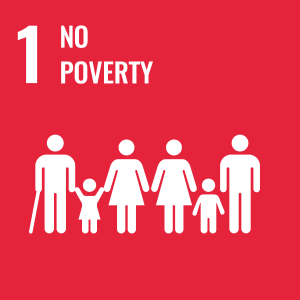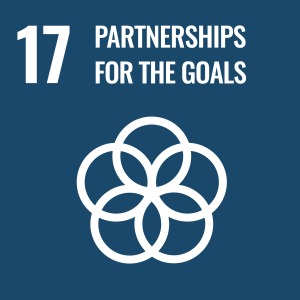WATER CENTRIC LIVELIHOODS
for Land Degradation Neutrality and Soil Carbon Enrichment
Goal
Climate-Smart and Sustainable Natural Resources Management through adoption of region-specific approaches with active participation of the local communities.
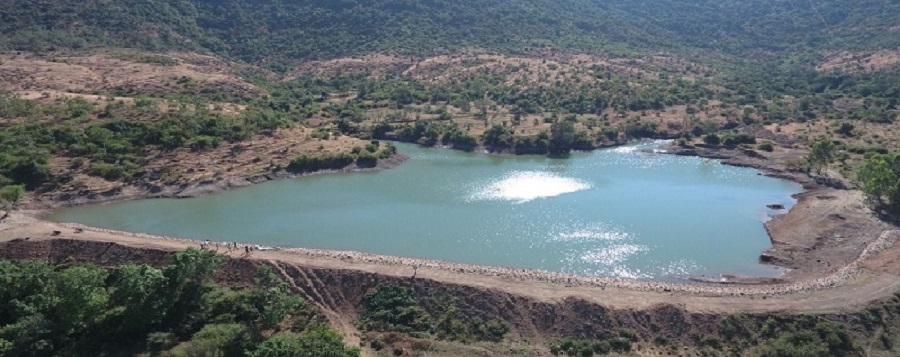
NRM Strategies and Projects



Sustainable Soil Health Management


Climate Change Adaptation and Mitigation Strategies
BAIF has rolled out many projects aimed at Climate Change Adaptation and Mitigation in Maharashtra, Uttarakhand, Bihar, Uttar Pradesh, Madhya Pradesh, Karnataka and Rajasthan in partnership with NABARD and Adaptation Fund Board and international research organisations such as Borlaug Institute of South Asia (BISA) and Climate Change Adaptation and Food Security (CCAFS), a CGIAR-led programme, apart from active involvement of local and sub-regional government agencies.



The Climate-Smart Actions and Strategies in North Western Himalayan Region for Sustainable Livelihoods of Agriculture-Dependent Hill Communities in 10 Villages in Champawat District of Uttarakhand includes adoption of water efficiency improvement measures such as rejuvenation of natural springs, construction of roof top rainwater harvesting systems, drip and sprinkler method of irrigation. Climate risk mitigating interventions in 15 watersheds in Maharashtra and Karnataka has built resilience through afforestation, integrated renewable energy mainly solar, climate-smart agricultural practices, silvipasture development, crop insurance, crop intensification, water storage infrastructure, weather and agriculture advisories and promoted drought resilient crops.
Landscape Approach
A holistic approach centred around Participatory Village Development Plan and guided by multidisciplinary actions related to water, land, women, health, awareness and knowledge management at catchment level and implemented by the community, was piloted in seven villages of two clusters in South Gujarat. This approach has been adopted by Village Social Transformation Foundation promoted by the Government of Maharashtra.

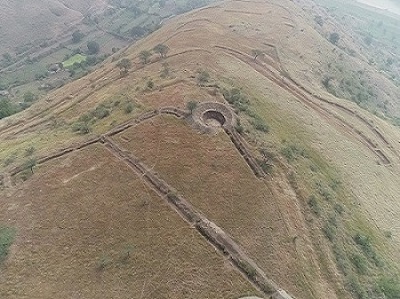
A network of 350 recharged ponds interlinked with trench-cum-bund across the slope in a drought prone watershed spread over 1004 ha in Myllanhalli, Karnataka, reduced 90% runoff at peak rainfall intensity, increased ground water levels by 3.79 m, enhanced the cropping intensity from 128% to 165% and increased the crop yield by 13% and 33% in kharif and rabi seasons respectively. This approach was successfully replicated in 10 watersheds with 4680 farm ponds. The farm pond networking model has been adopted in various development programmes in Karnataka. The Government of Karnataka also recognised BAIF Karnataka as a Resource Centre for natural resources management and awarded the Parisar Shree award to it. BAIF also worked as a Lead NGO in the World Bank-assisted Integrated Tribal Development Project and NABARD-assisted Watershed Development Projects.
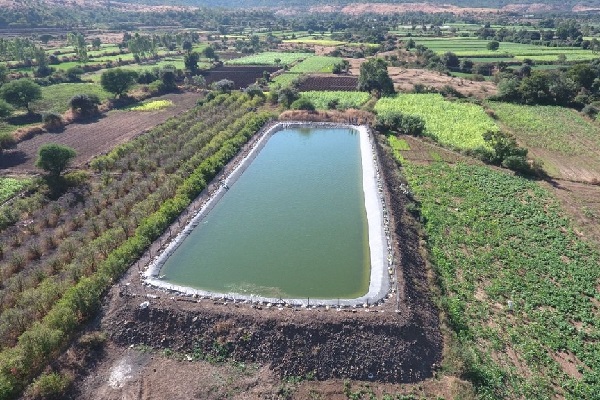

To improve water use and enhance availability of water of defunct tanks, desiltation of tank bed and strengthening of the main body wall, repair and application of silt to agriculture fields and clearance of bushes improved water governance and rejuvenation of 48 tanks benefitting 10,000 families in Andhra Pradesh.


Diversion-based Irrigation (DBI)
Diversion based irrigation (DBI), a concept based on gravity-led irrigation system, diverts a portion of the water from a natural source like spring/ mountainous stream or any water harvesting structure and uses it with or without intermediate storage for irrigating crops. This innovative system to harness water for irrigation with reduced average time of field irrigation by 34% and increased irrigated area by 65.74%, has benefitted 1500 families to enhance their agriculture-based livelihood. About 105 DBI systems have been made functional in Maharashtra and Gujarat.
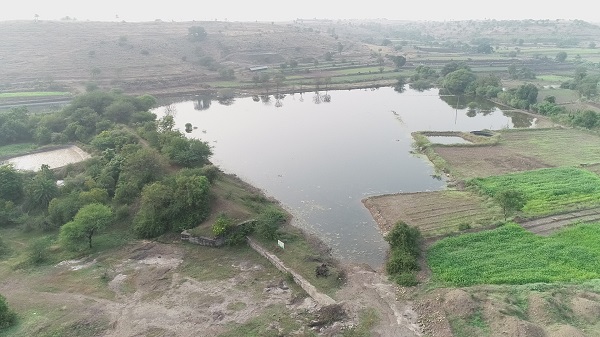

Silvipasture Development in Rajasthan
Semi-arid areas of Rajasthan have community lands in almost every village. Most of them are grouped under wastelands and are usually covered with coarse grasses such as Dichanthium, Cenchrus and Lasiurus. Grass growth is affected by extreme temperatures, steep slope, variable precipitation and scarcity of water. Land degradation has created tremendous pressure on increasing livestock, especially the goat population. As pasture management and enhancement of productivity of improved grasses have been the key factors in sustaining livestock through common property resource management, BAIF implemented projects adopting a silvipasture development approach in Bhilwara.



The development approach focussed on technical interventions based on category of land, type of grass cover and community participation through institutional building. The community was sensitised on common property resource management based on livestock population, available pasture land and ownership of revenue village involving each family. Participatory planning was done with at least 50% of the pasture land reserved for traditional grazing and the remaining land was developed under the proposed model. Grasses and tree species were selected on the basis of technical recommendations and community preferences. 2550 ha in 76 villages was brought under silvipasture by treating the land with principles of watershed treatment managed by Gram Panchayats and Village Management Committees after the end of the project implementation phase.
Springshed Development
This natural source of ground water in mountainous regions has revived 15 springs in Uttarakhand and 20 springs in Gujarat and Maharashtra. Springshed management is also being promoted in Karnataka and other parts of Maharashtra with the support of NABARD.

Drinking Water Security

To ensure safe drinking water and sustainable management of drinking water sources through community-led processes, rainwater harvesting units were developed at the family level in fluorosis-affected villages with the support of the Government of Karnataka. Similarly, an integrated approach of watershed treatment in the catchment of drinking water source, subsurface dykes, roof water harvesting and solar-powered drinking water systems ensured drinking water and a tanker-free status to 6 villages in Surgana, Nashik district of Maharashtra while a suitable water conservation approach also eliminated tankers from 14 villages of Gangapur cluster. Installation of RO units near Uruli Kanchan in Pune district, resolved the issue of TDS in 25 villages. Installation of solar-powered drinking water systems in Maharashtra, Gujarat and Uttarakhand have reduced drudgery of women.
Participatory Ground water Management and Water Budgeting (PGWM)
This programme aims at integrating supply augmentation and demand management of groundwater resources through community participation. Training, Action Research and Advocacy were the three approaches adopted in the Randullabad watershed development programme.
Water-Energy-Agriculture nexus
The Energy Efficiency in Agricultural Pumping with Smart Groundwater Management through Monitoring & Targeting Aquifers – now known as the Energy Water Efficiency Project, sanctioned by the Government of India and Government of Israel authorities (DST/GITA and IIA) is being implemented in Karanjkhop village in Satara district of Maharashtra. Use of efficient pumps, village water budget, ground water potential and investigation, water resources infrastructure, solar-powered drinking water systems and use of smart meters and sensors were some of the strategies adopted.

Ecosystem Restoration
Actions related to biodiversity conservation, water and pond ecosystems with plantation around ponds that support pollination service is being planned in a watershed at Billikere in Karnataka.
Roof Top Water Harvesting
Roof top water harvesting systems have been installed in Uttarakhand, Maharashtra, Karnataka, Gujarat and Rajasthan benefitting 5689 families through availability of drinking water as well as for nutrition gardens established by the families while addressing water quality issues such as fluoride.


Waste Water Management
Clean Drinking Water and Sanitation (Swachh Pani) project supported by HSBC Software Development (India) Pvt. Ltd. was implemented to ensure enhanced living standard through improved access to and adoption of quality drinking water and sanitation facilities at household and community level in select villages of Uruli Kanchan cluster. Various components covered household water filters, community level water purification plants, household toilets and drainage improvement for 6000 households.
Desert Development Initiatives
Tanka is an underground rainwater storage wherein rainwater from rooftops, a courtyard or natural or artificially prepared catchment flows into underground storage trough filtered inlets. It can be used by a family during the dry season. Once fully filled, the water is sufficient for a family of 4-5 members for a period of 5–6 months, and saves it from every day-water-fetching-drudgery. If rainwater is collected in a properly constructed tanka with a clean agor (rainwater harvested from artificial catchment), it would be normally free from soil particles as well. Traditional tanks are improved by masonry artificial catchment around storage and storage capacity of tanks is more than 50,000 litres. In Barmer district of Rajasthan, 319 tankas with agor system are benefitting 306 families. Some of the systems are also integrated with roof rainwater harvesting.



Capacity building and Resource support
Water Academy: The BAIF Water Academy serves as a Centre of Learning for dissemination of best practices among practitioners and developing and standardising new technologies and approaches to manage water as a critical resource. BAIF has been recognised as a Programme Study Centre for Diploma in Watershed Management and Certificate in Water Harvesting and Management by the School of Agriculture, Indira Gandhi National Open University (IGNOU), New Delhi.
Resource Support: BAIF was identified as a Resource Support Organisation (RSO) by NABARD to implement, monitor and evaluate Indo-German Watershed Development Programme (IGWDP), NABARD Holistic Watershed Development Programme (NHWDP) and Watershed Development Fund (WDF) projects in Vidarbha and Osmanabad districts of Maharashtra. National Water Mission had also empanelled BAIF as a Lead Agency for Gujarat and Rajasthan. BAIF was designated as a State Resource Organisation for Yashwantrao Chavan Academy of Development Administration (YASHADA) for training officials in Integrated Watershed Management Programme (IWMP) projects. Capacity building of teams and local cadre are other activities for sustainable management of natural resources.
Alignment with Sustainable Development Goals
